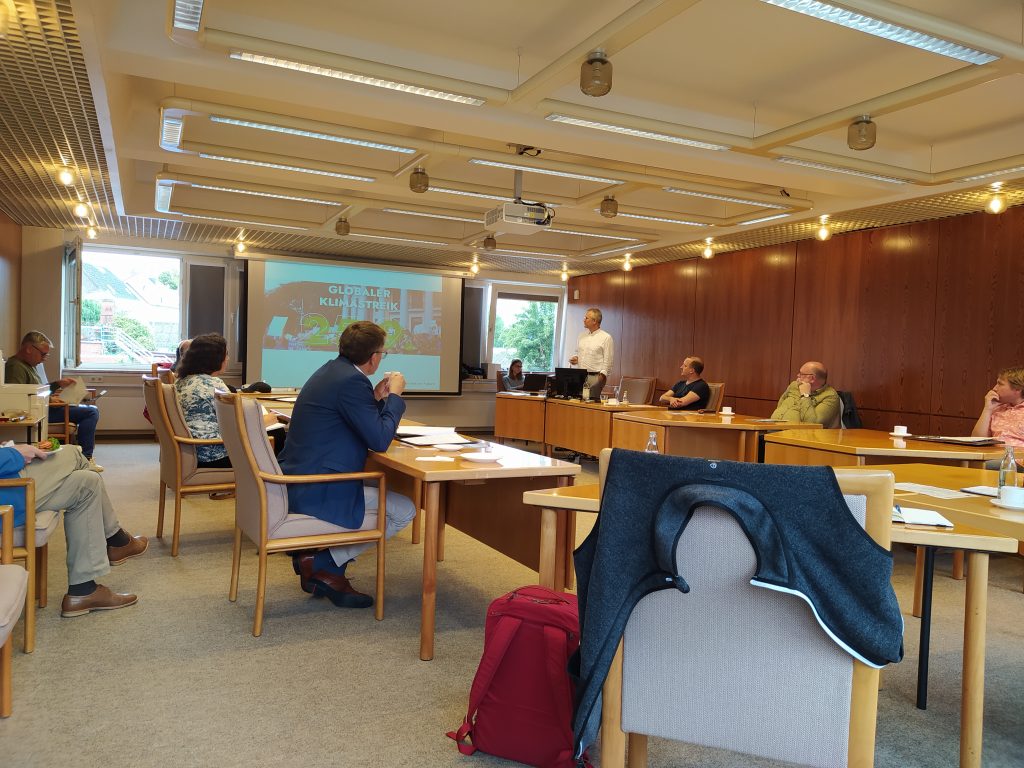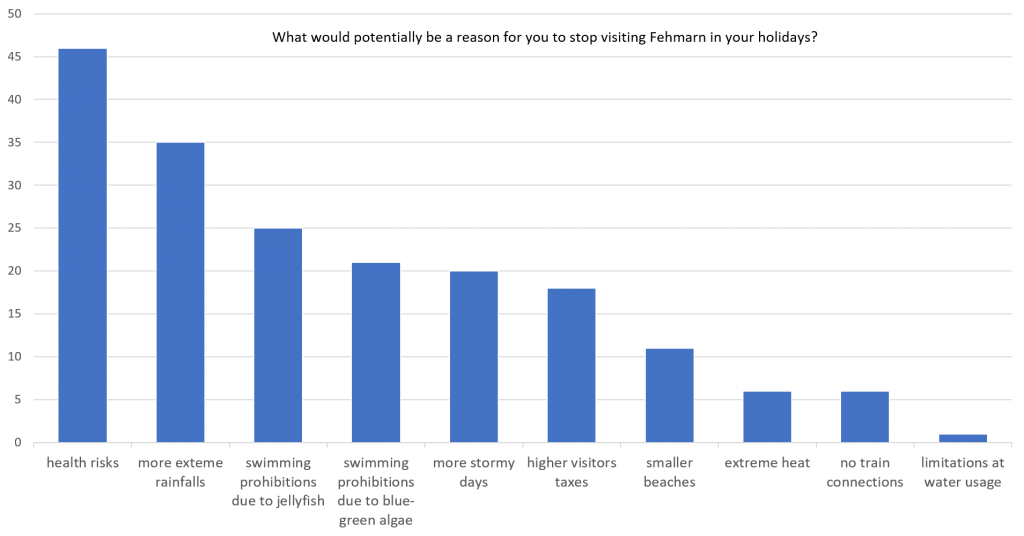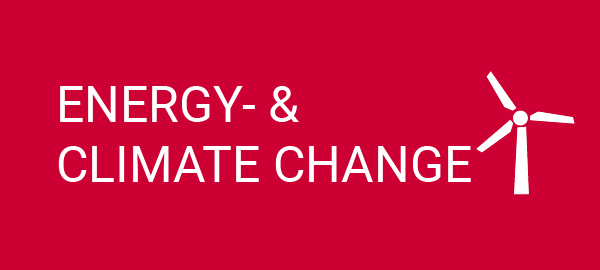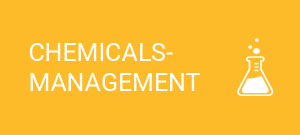In this context examples for climate change adaption measures were presented to the stakeholders. The presented measures included calming the traffic in Burg, the greening of rooftops and the cooling of public places. These measures were presented to give the stakeholders an overview about how municipalities can deal with extreme weather as a consequence of climate change.
Later in the workshop a stakeholder tool was used to determine relevant tourism sector adaptation pathways for the island’s future. It was developed by our Portuguese project partners at the University of Lisbon and aims at helping future decision makers to make more adequate choices and to facilitate decision-making in an uncertain climate future. The stakeholders for example needed to decide whether they would want to invest in post-disaster rehabilitation fonds or in pre-disaster rehabilitation plans. The decision had to be made for three different periods of time (until 2030, 2050 and 2100). Furthermore, participants had to go through four different scenarios, in which the attitude of the decision maker towards furthering change in the system and the willingness to invest in climate change adaption measures differed. The results that came from working through the tool have been forwarded to our project partners to be compared with all other project islands and to help develop an EU climate adaptation strategy for small islands.
Afterwards, everyone could discuss Fehmarn’s climate adaptation future in a relaxed atmosphere over a seasonal pumpkin soup. The discussion gave interesting insights and pointed out the differences and particularities of the only Baltic island in the project: Different economic structures, attitudes, and geography make Fehmarn a unique case study within the SoClimPact project and set it apart from many Mediterranean and Atlantic islands.
The discussions gave us lots of food for thought concerning Fehmarn and climate adaptation and provided us with interesting ideas for the final months of project work as well as beyond. In the coming weeks, we will conduct an online webinar with relevant stakeholders in which the newest project findings and results of the stakeholder tool analysis will be discussed. We are looking forward to another interesting event and hope that we can soon return to the island for some work.




